Environment
-
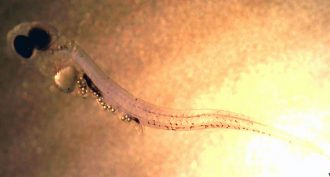 Environment
EnvironmentUh oh! Baby fish prefer plastic to real food
Given a choice, baby fish will eat plastic microbeads instead of real food. That plastic stunts their growth and makes them easier prey for predators.
-
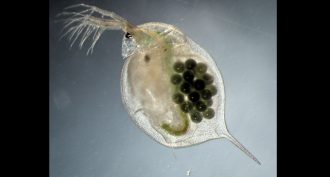 Environment
EnvironmentCommon water pollutants hurt freshwater organisms
The germ killers we use and the drugs we take don’t just disappear. They can end up in the environment. There they can harm aquatic organisms, three teens showed.
-
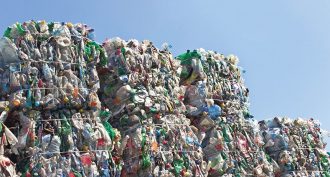 Microbes
MicrobesThis microbe thinks plastic is dinner
The bacterium Ideonella sakaiensis chows down on one type of polluting plastics. That means it could become helpful in cleaning up environmental waste.
-
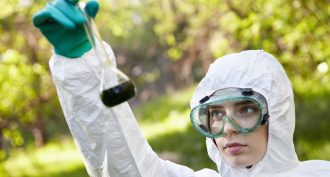 Microbes
MicrobesMicrobes mine treasure from waste
Like miniature factories, bioreactors house microbes recruited to chew through wastes to clean dirty water, make chemicals or generate electricity.
-
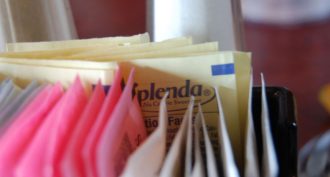 Environment
EnvironmentNot so sweet: Fake sugar found at sea
Sucralose — sold in stores as Splenda — has begun turning up in seawater. This raises concern about the fake sweetener’s impacts on the environment.
-
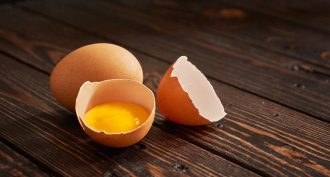 Tech
TechEggshells help hatch a new idea for packaging
Why just crack an egg? Make the shell into itty bitty bits and use them to build a more biodegradable plastic. New research shows how.
-
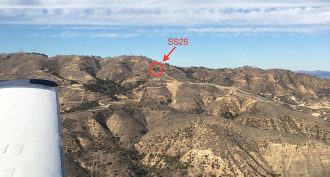 Environment
EnvironmentEnormous natural-gas leak polluted L.A. air
A massive methane release from a single leaky underground well spewed as much of the greenhouse gas into the air as a mid-sized European country does in an entire year.
-
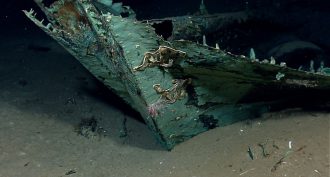 Environment
EnvironmentGulf oil spills could destroy shipwrecks faster
In the Gulf of Mexico, leftover crude oil from the Deepwater Horizon spill may be speeding the corrosion of old shipwrecks.
-
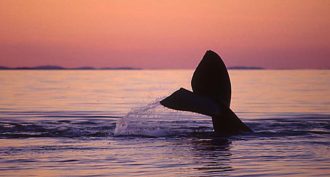 Animals
AnimalsWhat a drag! Fishing gear’s effects on whales
Many whales become entangled in the gear that fishing boats use to catch fish and shellfish. Such debris can have dire impacts on the big mammals.
By Ilima Loomis -
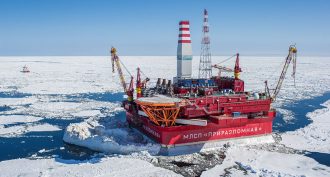 Oceans
OceansArctic ice travels fast, carrying pollution
Climate change is melting old sea ice in the Arctic. Now, younger, thinner ice is migrating far and fast, taking pollutants with it.
-
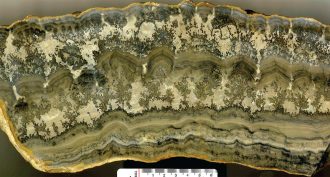 Earth
EarthRocks hold clues to ancient die-offs
Rocks that formed during ancient mass-extinction show that the oceans back then had become very warm. That was the last time Earth spewed carbon dioxide into its atmosphere at a rate similar to what is happening today.
-
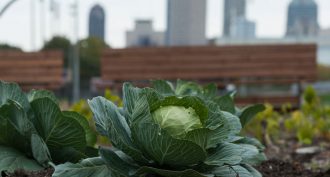 Agriculture
AgricultureBuilding better, safer soils
Engineering safer soils for urban growers can reduce the risk of lead exposure and let low-income families enjoy more fresh fruits and vegetables.